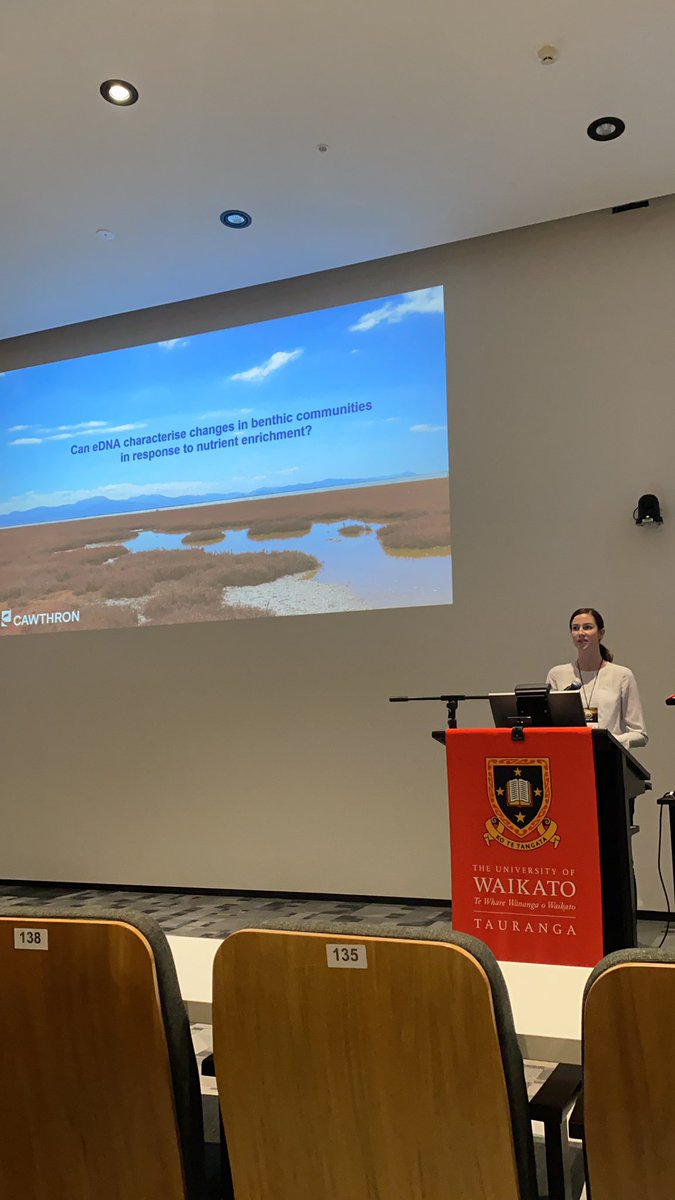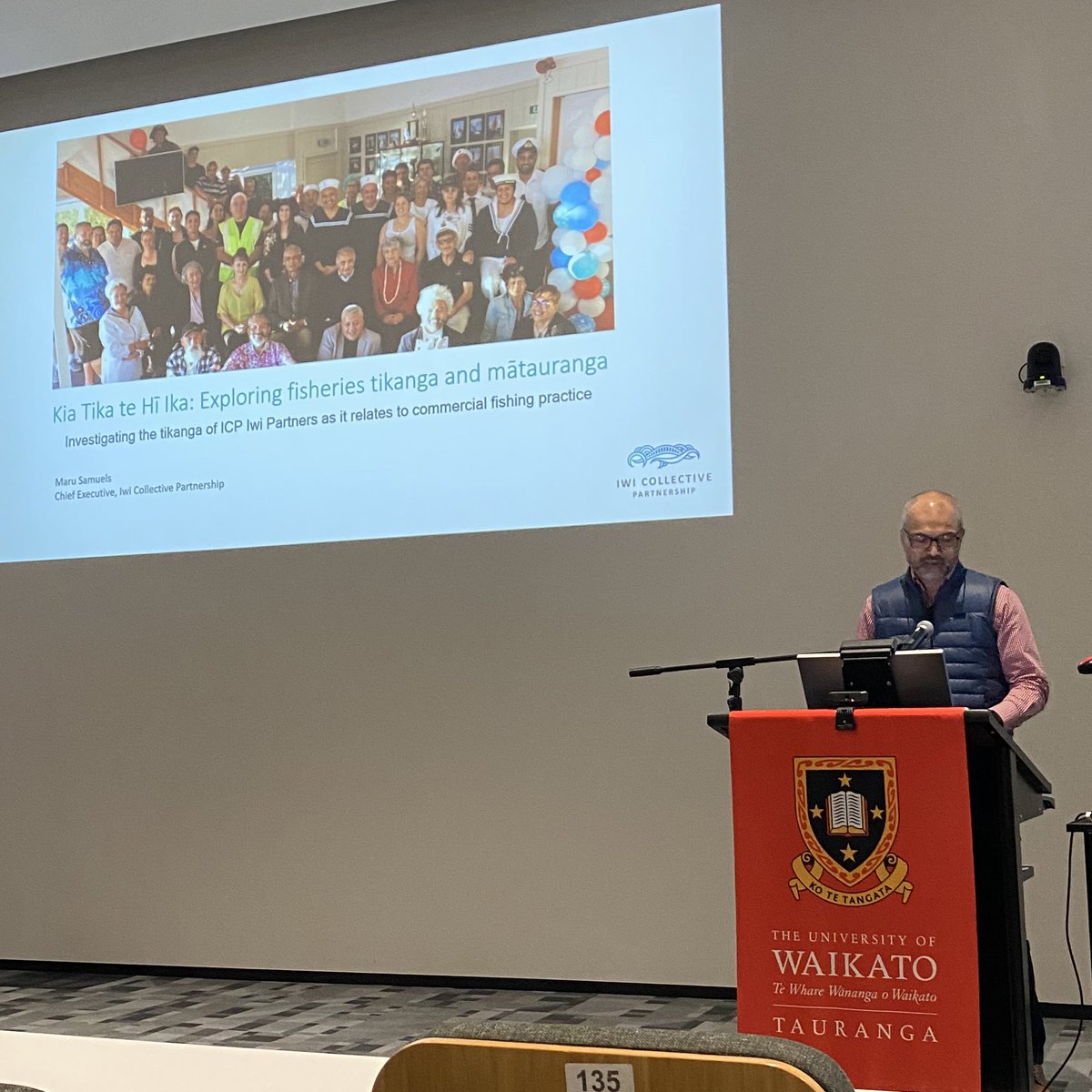
Why seaweed? It can mitigate pollution, provide habitat for marine life, support fish popns and reduce climate impacts #loveseaweed
There is hype behind seaweed: It is being sold as a silver bullet to the worlds problems. We don’t want to overdeliver so how can we achieve a seaweed sector? The answer is #EcosystemBasedManagement or #EBM 

You can download the EBM graphic Rob has used here sustainableseaschallenge.co.nz/tools-and-reso… #NZMSS2021
So what species are being looked at by this project? Karengo (a red seaweed), kelps, bull kelp and the star child of seaweed, Asparagopsis — known for helping cows reduce methane 🐄 💨 #seaweed #NZMSS2021 @Cawthron_NZ 

Q&A: Need to make sure taonga species are being taken care of and treated with respect! Like Te Rerekohu mentioned this morning about extraction rights #NZMSS2021
Seaweed also has ecosystem services, which makes it different from other species. Eg, bioremediation services for land based and ocean based systems
The team are in the process of publishing a report into market opportunities, it will be available on our website soon. Keep your eyes on this project page: sustainableseaschallenge.co.nz/our-research/b… #NZMSS2021
Or sign up to our newsletter for email notifications when available: …bleseaschallenge.us15.list-manage.com/subscribe?u=0a…
@threadreaderapp unroll
• • •
Missing some Tweet in this thread? You can try to
force a refresh













